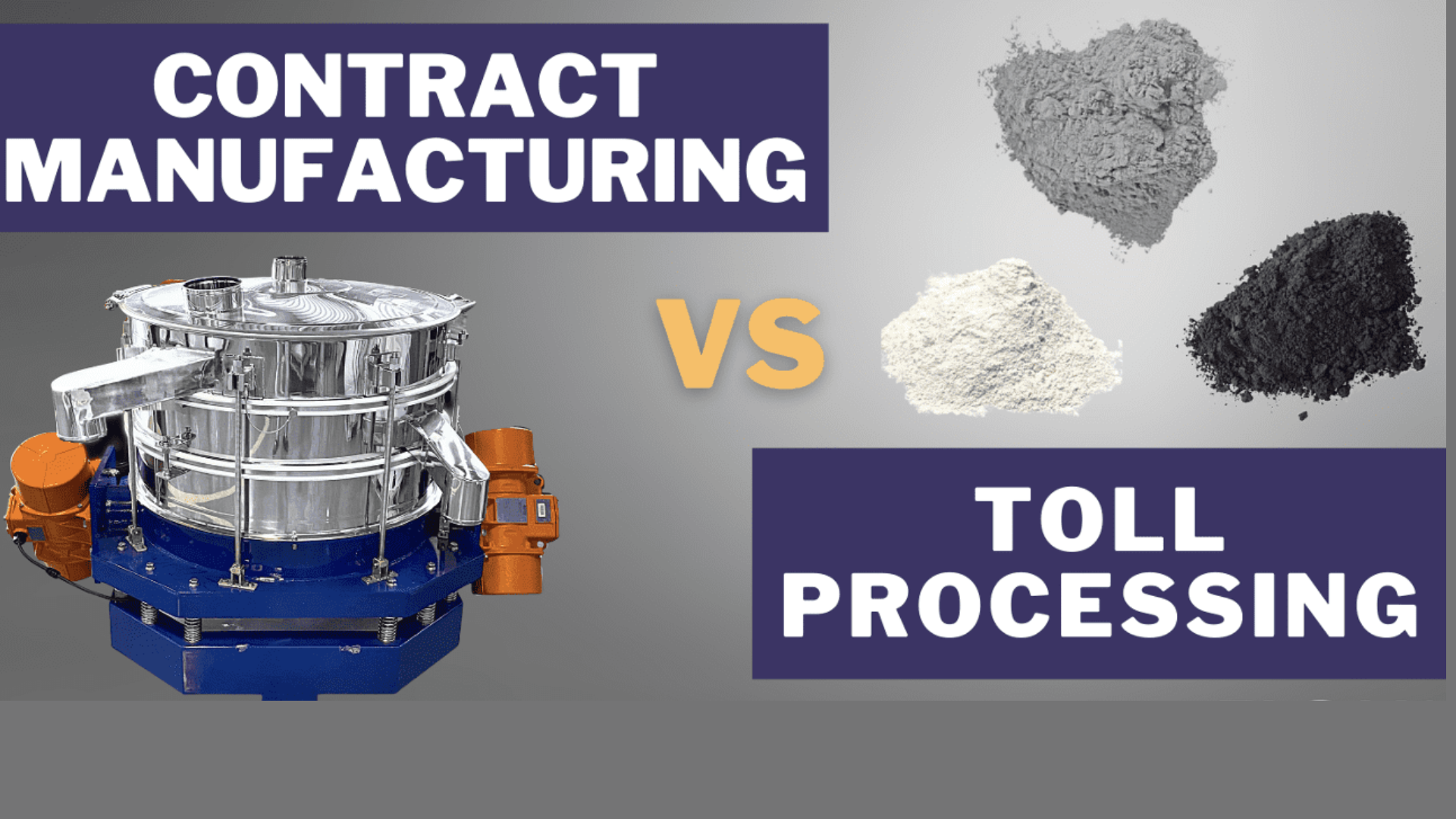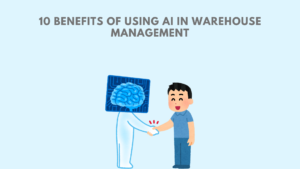In today’s dynamic business environment, companies often look to external partners to manage aspects of their production. Two common outsourcing strategies are toll manufacturing and contract manufacturing. While they might seem similar at first glance, they have distinct operational frameworks and advantages that can significantly impact a business’s strategy and bottom line. Understanding the nuances between toll manufacturing and contract manufacturing is crucial for making informed decisions about production outsourcing.
What is Toll Manufacturing?
Toll manufacturing, also known as toll processing, involves a company (the client) providing raw materials or components to a manufacturer (the toller), who processes these materials into finished goods or intermediate products. The client retains ownership of the materials throughout the process, paying the toller a fee for the processing service.
Key Characteristics of Toll Manufacturing:
- Client-Owned Materials: The client supplies the raw materials and retains ownership throughout the process.
- Processing Fee: The toller charges a fee for the processing service, which is often based on the volume or weight of the materials processed.
- Flexible Control: The client usually has greater control over the production specifications and quality standards.
What is Contract Manufacturing?
Contract manufacturing, on the other hand, is a broader outsourcing arrangement where a company (the contractor) produces goods on behalf of another company (the client). In this model, the contractor typically sources the raw materials, manages the entire production process, and delivers the finished products to the client.
Key Characteristics of Contract Manufacturing:
- Contractor-Owned Materials: The contractor often procures the raw materials and handles all aspects of production.
- Turnkey Solutions: The contractor provides a full-service production solution, from sourcing to delivery.
- Less Client Involvement: The client has less day-to-day control over the production process but benefits from the contractor’s expertise and resources.
Comparing Toll Manufacturing and Contract Manufacturing
To better understand the differences between toll manufacturing and contract manufacturing, let’s break down several key factors:
1. Material Ownership
- Toll Manufacturing: The client retains ownership of the raw materials and any work-in-progress inventory throughout the manufacturing process.
- Contract Manufacturing: The contractor owns the raw materials and is responsible for sourcing them. The client typically owns the finished product only after it’s completed.
2. Control Over Production
- Toll Manufacturing: Clients have more direct control over the production process, as they provide the raw materials and often specify the production methods and quality standards.
- Contract Manufacturing: The contractor controls the production process, utilizing their methods and standards, though they follow the client’s specifications and requirements.
3. Cost Structure
- Toll Manufacturing: Costs are generally limited to the processing fee paid to the toller, as the client supplies the materials.
- Contract Manufacturing: Costs include the total manufacturing service, often encompassing raw material procurement, production, and delivery. This can lead to higher upfront costs but provides a comprehensive solution.
4. Flexibility and Risk
- Toll Manufacturing: Offers greater flexibility for the client to manage their supply chain and production inputs, but also involves higher risk in terms of supply chain management and quality control.
- Contract Manufacturing: Reduces the client’s involvement and risk in day-to-day production and supply chain management, as the contractor handles these aspects.
5. Scale and Expertise
- Toll Manufacturing: Often used when the client has the expertise to source materials and oversee production but lacks the facilities for processing.
- Contract Manufacturing: Ideal for clients seeking to leverage the contractor’s scale, technology, and expertise in production without investing in their own manufacturing infrastructure.
Choosing the Right Model for Your Business
Deciding between toll manufacturing and contract manufacturing depends on various factors, including your business’s resources, expertise, and strategic goals. Here are some considerations to help guide your decision:
When to Choose Toll Manufacturing:
- Material Control: If you need tight control over the quality and sourcing of raw materials.
- Cost Sensitivity: If you’re looking to reduce costs by supplying your own materials.
- Specialized Production: If your product requires specialized processes or if you have unique production methods that you want to maintain control over.
When to Choose Contract Manufacturing:
- Outsourcing Need: If you prefer a comprehensive production solution with minimal involvement in the manufacturing process.
- Scalability: If you need to quickly scale production without investing in additional facilities or equipment.
- Risk Management: If you want to mitigate risks associated with raw material procurement and daily production management.
Conclusion
Both toll manufacturing and contract manufacturing offer valuable pathways for businesses to optimize their production and meet market demands. The choice between the two largely hinges on your specific needs for control, flexibility, and resource allocation. By understanding the key differences and evaluating your strategic objectives, you can select the model that best aligns with your operational goals and growth plans.









